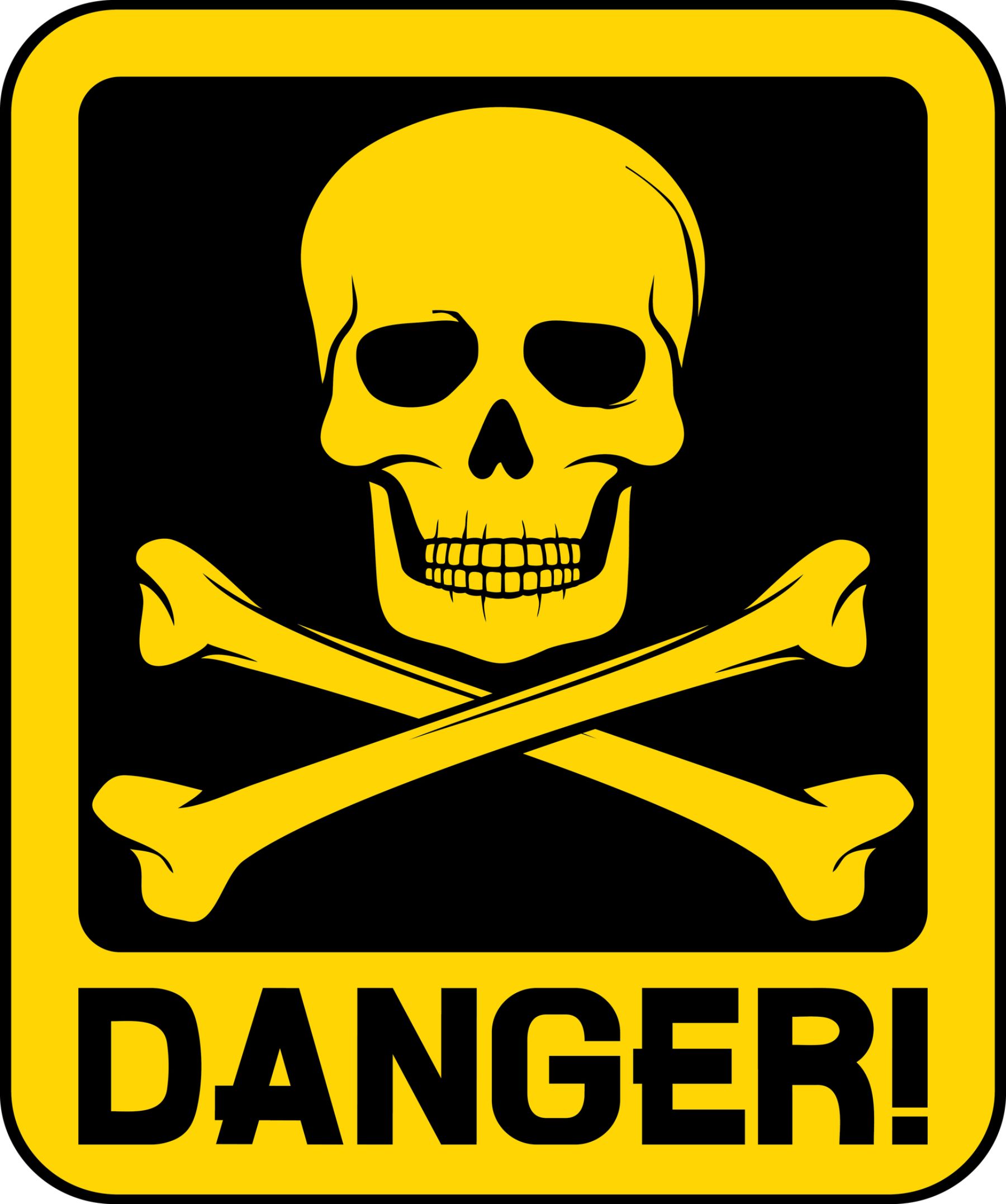Ransomware is a form of malware that locks your computer system down by encrypting your documents and/or files that you would access on any regular day. Basically, making files and operations inaccessible until the malicious software is removed, or a ransom is paid.
Ransomware can cause disruption in your business, but it is not unstoppable. It is important and helpful to know what steps to take to prevent being a victim of ransomware or at the very least minimize the damage should a situation arise. The best practices are listed below to identify the most successful ways of protecting company data.
Educate Yourself and Your Team
Take time to educate your team members on how to recognize suspicious emails and links to reinforce your first line of defense; prevention. It only takes one click to allow a malicious program into your organization’s system. Once the ransomware affects one component, spreading to the rest of your operations is simple and quick.
Avoid Public Networks
Many companies offer the option to work remotely and while this is a great perk for employees it can pose a risk if they decide to work in a public place like a café, bookstore or airport. Ensure that it is communicated thoroughly and often as to your company’s preferred public places where employees are to work. Public networks are open to anyone, so they can be compromised with ease. A best practice must be established to avoid using devices on public networks that are regularly connected to the company network.
Limit Permissions
Whitelisting software applications running on machines is another way to resist attacks. This will eliminate installs from being performed from any software that has not been approved by your company. Limiting permissions to prevent users from downloading executable files (.exe) or anything without having an Administrator’s password is another method that can be used to help counter attacks.
Back Up Your Data
Backing up your data daily is one of the many best practices to adopt in your business. In the event of a ransomware attack or just a general mishap having your data backed up ensures a smooth recovery process. The best method for backing up would be storing information on a separate server or offline.
Response
Having a good backup process allows for a speedy recovery in the event of a ransomware attack. Even a partially encrypted device can be devastating if there is no system in place to recover necessary data to keep the business processes flowing. We highly recommended that companies and organizations backup encrypted data because anything can happen. The more information you have backed up the quicker your response time will be in recovering data.
Ransomware can immediately bring any business to a standstill and the effects are detrimental to the ongoing processes of the business IF there is the possibility of the business continuing. The decision to pay or not pay will be based on every individual business’ circumstance. If your business is at risk, it is important to utilize some of the steps mentioned above to reduce the risk. While they are not surefire ways to prevent a ransomware attack they are helpful measures. These best practices can at least lower the risk or get your business back up and running as quickly as possible if a ransomware attack should happen to your business or organization.

